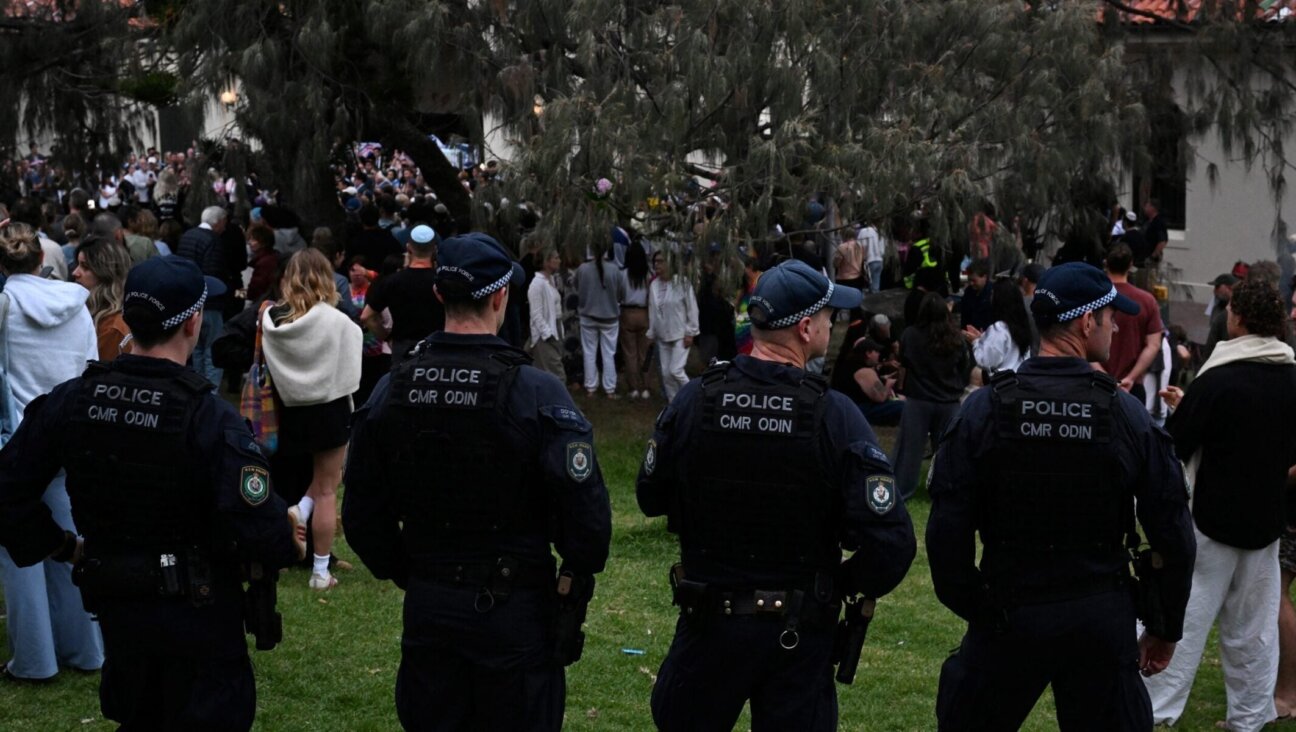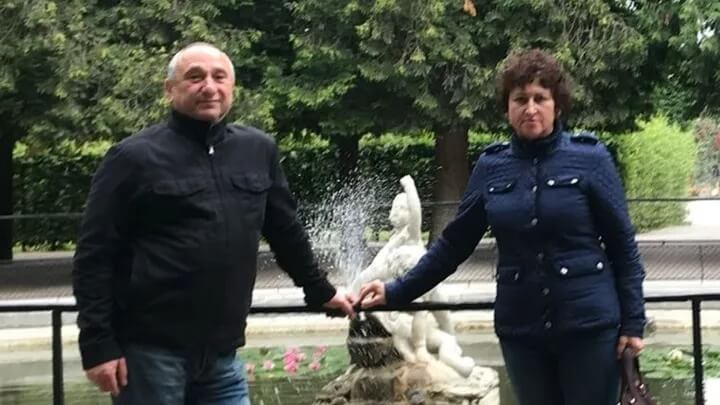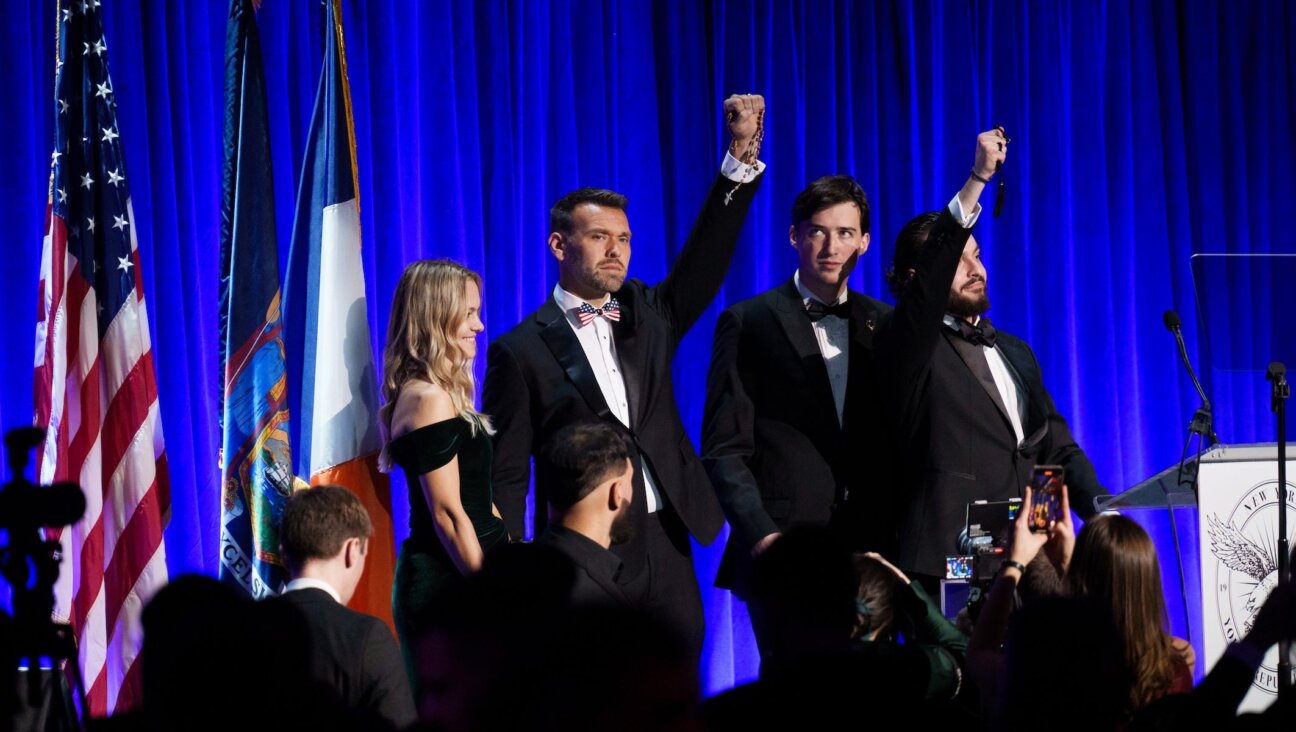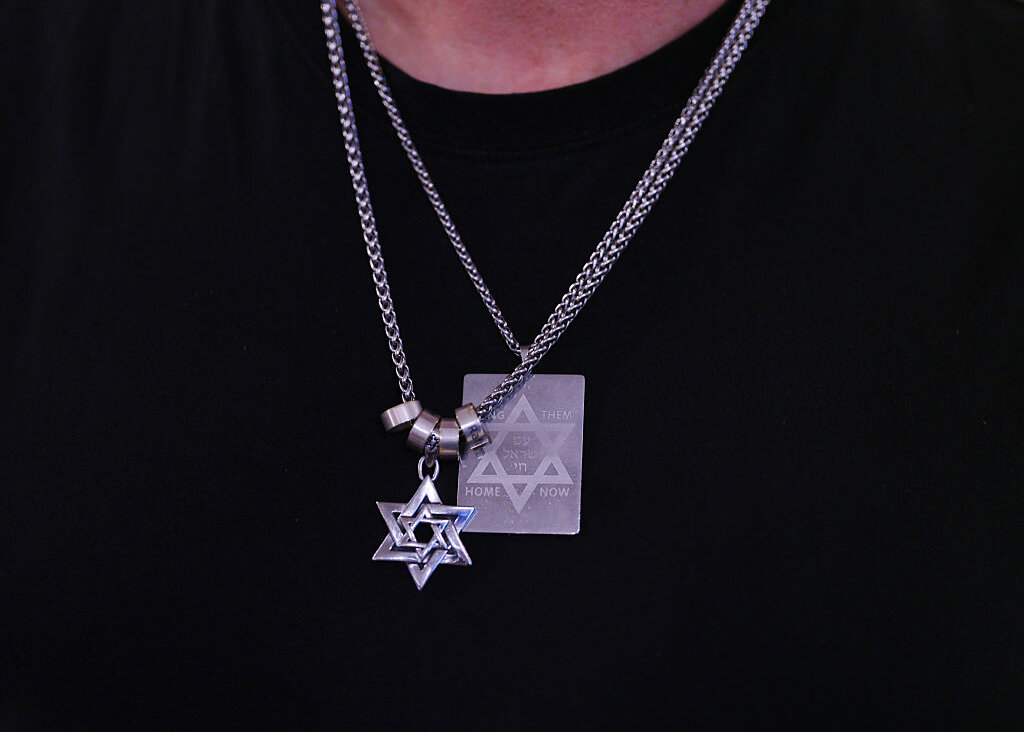Israeli High Court brings Haredi draft exemption to a legal end — with unclear consequences
The practical implications of the decision remain up in the air
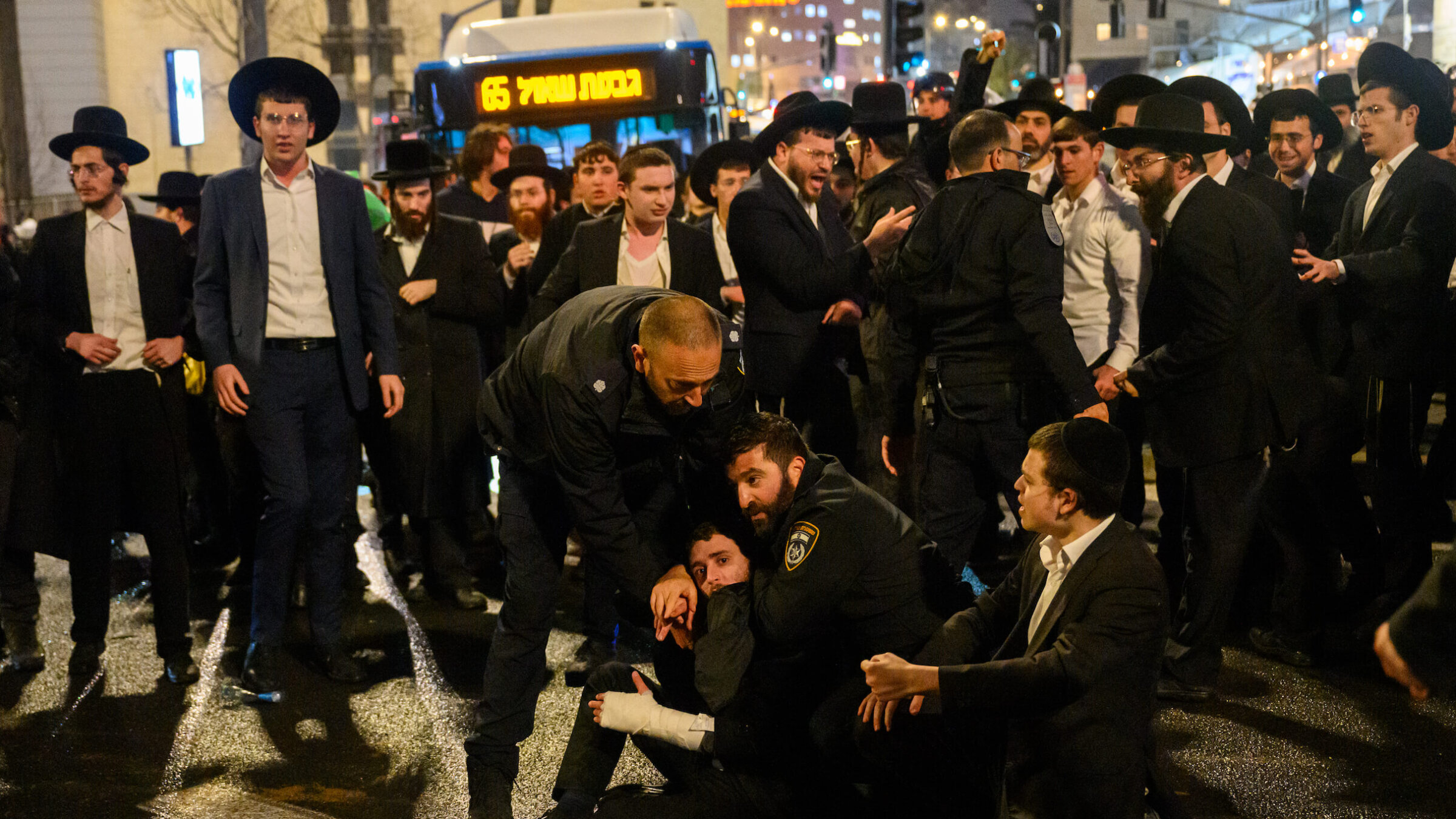
Haredi Jewish boys and men clashed with police in March while protesting against the expiration of a law preventing them from being drafted into the IDF. Photo by Alexi J. Rosenfeld/Getty Images
JERUSALEM — A decision by Israel’s High Court of Justice will bring the country’s 76-year-old policy of excusing nearly all Haredi men from its compulsory draft close to an end — at least on paper, and at least temporarily.
The Thursday night court order came as Prime Minister Benjamin Netanyahu has so far failed to broker a consensus within his government about continuing to exempt young Haredi men from military service, prompting the court to rule the government no longer has a legal basis to keep funding their yeshiva study.
Legally, it means some yeshiva students could have to put down their scripture and take up arms as soon as this Monday, April 1.
But practically, political and legal experts say, questions remain about how Netanyahu’s coalition government will respond to the ruling as its deadline for a new legislative proposal approaches this Sunday. Questions also remain about how the Israel Defense Forces might ultimately implement the legal — and still-potential legislative — change in policy.
The draft exemption dates back to Israel’s founding in 1948, when founding leader David Ben-Gurion agreed to exempt yeshiva boys from military service as part of a deal to secure political support from Haredi leaders. The Haredi community believes full-time Torah study protects the country more than its military ever could.
An estimated 66,000 Haredi Israeli men between 18 and 26 years old are currently exempted from the draft and receiving government subsidies to attend yeshivas — whether or not they’re actually doing so for at least 45 hours a week, as the law requires.
The United Torah Judaism Party on Thursday accused the court of waging “an all-out struggle” against Torah study.
A poll by the Israel Democracy Institute shows 70% of Israeli Jews support ending the longstanding blanket exemption from military service for Haredim, up from 60% in 2018.
The High Court had previously ruled in 1998 and 2017 that the draft loophole violates the right of the Israeli majority to equal treatment under the law. Several governments since have tried but failed to come up with a fair and lasting solution. The court gave Netanyahu’s government until June of last year to come up with a new policy, but his coalition then gave itself until the end of this month to do so. The issue played a part in last year’s judicial overhaul crisis, when Haredi politicians sought to override the High Court’s decision to strike down the exemption.
Netanyahu, in trying to broker a consensus within his government, has not managed to break an impasse between Haredi parties that want to extend the draft loophole, and ultranationalists opposed to their special treatment. His governing coalition relies on the support of both groups; the impasse threatens to unravel it at a time when the war in Gaza and conflicts at the Lebanon border and in the West Bank have left the IDF short on troops.
Critics of the exemption include Defense Minister Yoav Gallant, a key architect of the Gaza operation, and National Unity Party Leader Benny Gantz — both among the five members of Netanyahu’s war cabinet. Gantz lauded the ruling via social media late Thursday.
Three times in the last 24 hours, Netanyahu sought a court extension to delay the deadline to come up with a plan. The latest of those requests came Thursday afternoon, when, in a rare letter directly to the court seeking a 30-day postponement, he wrote that distractions created by overseeing the war have kept his coalition government from reaching a consensus on a new policy.
The letter marked an end-run around Attorney General Gali Baharav-Miara, who represents the government but refused to ask for a delay as Sunday’s deadline nears. Baharav-Miara’s office, in the meantime, wrote the court Thursday saying the state will be legally obligated to start drafting Haredim on Monday, because there no longer will be a legal basis for paying their monthly stipends for the yeshiva study that exempts them from the draft.
The court agreed with Baharav-Miara in a ruling a few hours later.
Netanyahu and his right-wing coalition notoriously antagonized Israel’s judicial branch by trying to curtail its power last year. Those efforts triggered the biggest anti-government protests in the nation’s history. Protests died down after Hamas’ attack and massacre on Oct. 7, but have been picking up as Sunday’s draft exemption deadline nears.

